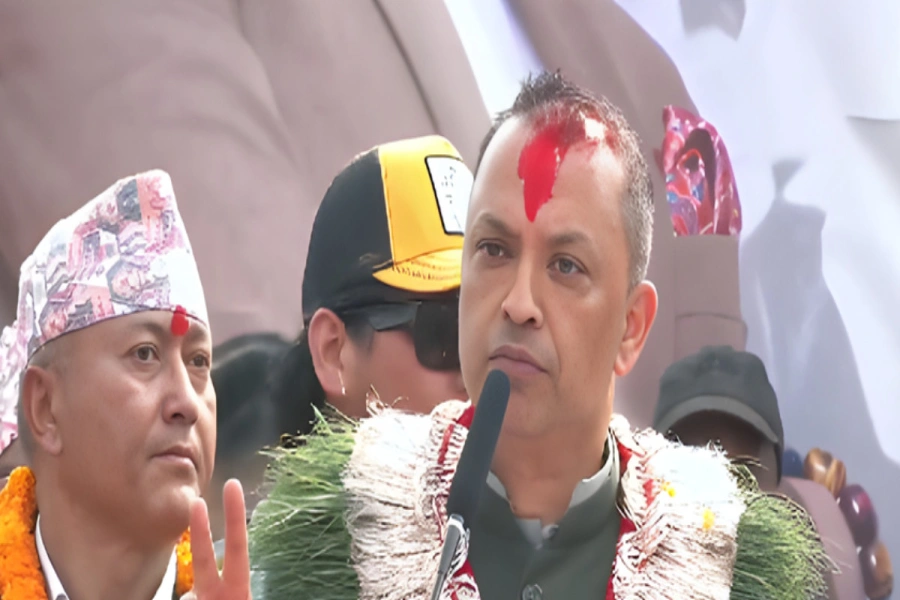These are perhaps the times when we feel the tightest squeeze on our wallets in years, with the price of everything rising very quickly, especially over the past few months. Perhaps, over the past few months, prices have risen at their fastest pace in years. The price of everything from groceries to gas and clothes to construction materials has grown significantly over the past some time. Needless to say, price rise hits the low-income households the hardest because they are forced to spend more of their income on necessities that they cannot go without. That also means those already struggling to meet their expenses are suffering the most from the rapid price rise. But the huge price rise this time is not a local phenomenon; Nepal is one of the many, many countries that have suffered from the inflation surge that followed the Covid-19 pandemic. However, economists say there is no one single factor to blame for today’s rising inflation; rather, it’s a convergence of several factors ranging from the rising price of oil and the US dollar to the Russia-Ukraine war. The Current Macroeconomic and Financial Situation Report made public by Nepal Rastra Bank (NRB) last Thursday only substantiates the story of rapid price rise.t
Govt to monitor market nationwide to control price rise

According to the report, the Consumer Price Index-based inflation stood at 8.08 percent by the end of mid-November this year, against the government target to limit it to 7 percent. Last year at around the same time, it was 6.04 percent. Similarly, food and beverage inflation stood at 7.38 percent whereas non-food and service inflation rose to 8.63 percent in the review month. Under the food and beverage category, the year-on-year price index of the restaurant and hotel sub-category increased to 15.97 percent, tobacco products to 11.81 percent, milk products and eggs to 9.33 percent, cereal grains and their products to 9.19 and alcoholic drinks to 8.84 percent. Under the non-food and services category, the year-on-year price index of the transportation sub[1]category increased to 17.71 percent, health to 11.22 percent, recreation and culture to 8.76 percent, housing and utilities to 8.49 percent and furnishing and household equipment to 8.33 percent. However, according to the central bank, things are going to be even costlier in the time to come. As we prepare to move into a new year, we should also brace for an even higher inflation rate which, according to the NRB, is likely to reach 10 percent after three months and 12 percent after a year. Though these are estimated inflation rates, they are crystal-clear clues that the prices of goods as well as services are going to rise even further in the days to come.
These are clearly the times when the government, which is the guardian of the citizens, is supposed to provide relief to the public by checking the rising prices. In some cases, some unscrupulous businessmen and traders might have resorted to artificial price hikes. In such a situation, the government must monitor the market and punish the guilty. In a free market, the price of any product is basically fixed by the demand and supply situation. However, the government has to intervene if the prices of everyday essentials start hitting the roof. Because it’s the government’s duty to protect those at the bottom of the pyramid - small farmers, students, daily wage earners and other low-income people – from the cruel claws of price rise. The government’s mechanisms against artificial price rise should become extra vigilant in these situations. The country peacefully held elections only recently and the people elected their new representatives. The new parliament is yet to sit. Also, a new government based on the people’s mandate is yet to be formed. In such a situation, even the current caretaker government and the existing state bodies concerned should be active to control the soaring prices.







































